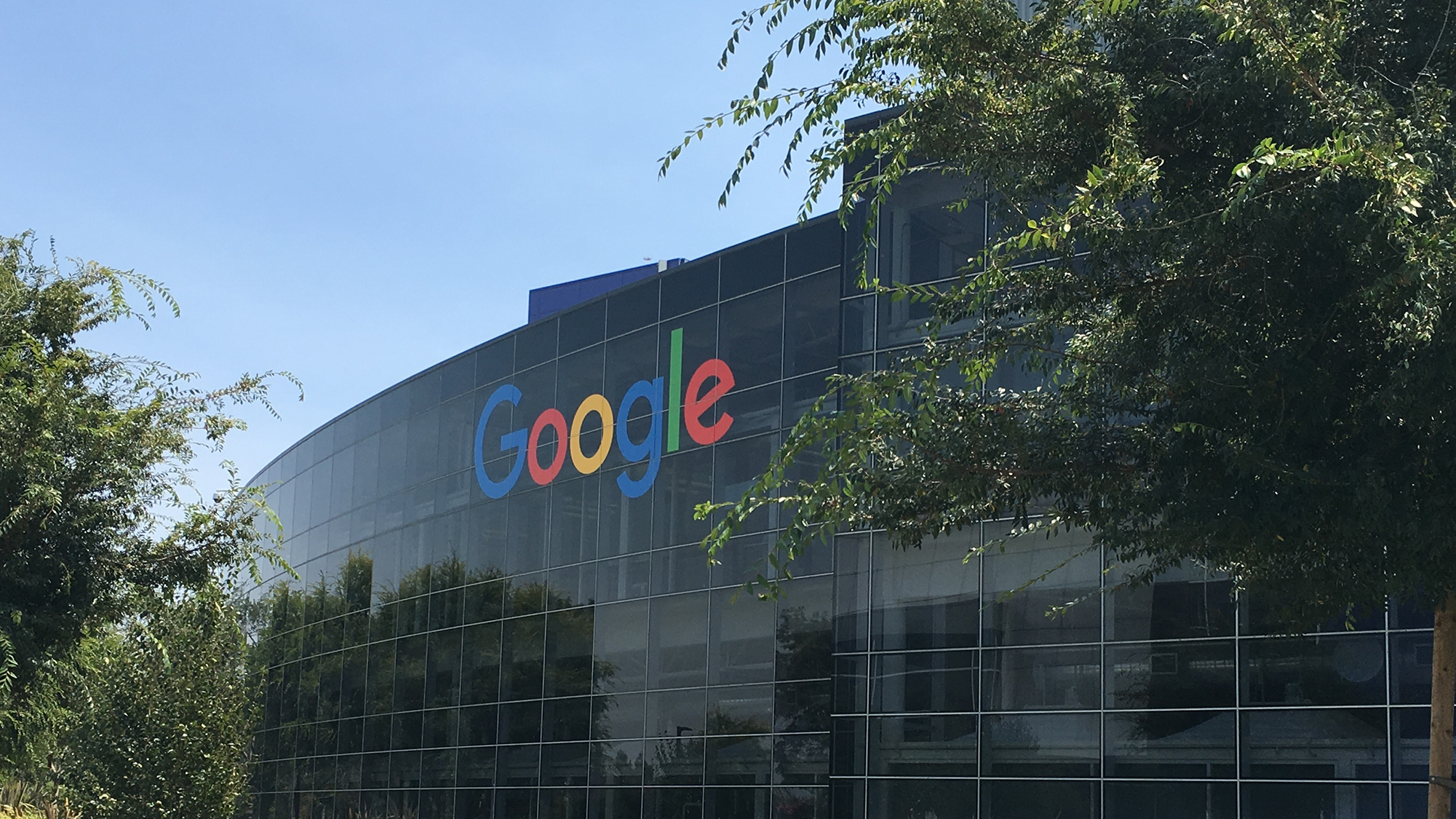Ohio Sues to Have Google Declared Common Carrier
AG Yost says it should be forced to provide nondiscriminatory access to searched content

The smarter way to stay on top of the multichannel video marketplace. Sign up below.
You are now subscribed
Your newsletter sign-up was successful
ISPs have spent most of two decades fighting the urge from Democrats and some in Silicon Valley to define internet access as a common carrier service and impose some version of utility style regulation on ISPs, but now edge provider giants are getting a taste of their own medicine.
Ohio Attorney General Dave Yost, a Republican, has filed on behalf of the state what his office was billing as a "landmark" lawsuit to have Google declared a public utility so it can be held to nondiscriminatory access regulations when it comes to showing search results.
“Google uses its dominance of internet search to steer Ohioans to Google’s own products--that's discriminatory and anti-competitive,” Yost said. “When you own the railroad or the electric company or the cellphone tower, you have to treat everyone the same and give everybody access," said Yost of the suit, which was filed in a Delaware County, Ohio, civil (common pleas) court.
Also Read: No Free Regulatory Ride for Google, Others
The suit says it is not seeking redress for Google's dominant market position, saying it is not arguing whether that is good or bad "in isolation."
Instead, it is focused on "establishing that Google’s provision of internet search is properly classified as a common carrier and/or public utility under Ohio common law."
The suit references Supreme Court Justice Clarence Thomas' comment in writing on a First Amendment decision by the court, that “[t]here is a fair argument that some digital platforms are sufficiently akin to common carriers or places of accommodation to be regulated,” then used Google as an example of one whose dominance buttresses the analogy.
The smarter way to stay on top of the multichannel video marketplace. Sign up below.
Ohio clearly agrees.
"Ohio has an interest in ensuring that Google, its users, and the entities whose information Google carries are aware that Google Search is a common carrier under Ohio law. Ohio also has an interest in ensuring that as a common carrier Google Search does not unfairly discriminate against third party websites; that Google carries all responsive search results on an equal basis; and that it provides the public with ready access to organic search results that the Google Search algorithms produce," the suit says.
Also Read: Algorithm Bill Introduced
The suit goes beyond just seeking the common carrier status for Google to asserting that under that public utility definition, Google must be prevented from self-preferencing in its results, at least in Ohio.
Republicans have been arguing for a while that edge providers use their power to preference content that squares with their political world view--which they say means censoring conservative content--or that better boosts their bottom lines.
Free State Foundation President Randolph May said in a blog post that while he has issues with Big Tech as well, he is not ready to endorse treating edge providers like common carriers.
Contributing editor John Eggerton has been an editor and/or writer on media regulation, legislation and policy for over four decades, including covering the FCC, FTC, Congress, the major media trade associations, and the federal courts. In addition to Multichannel News and Broadcasting + Cable, his work has appeared in Radio World, TV Technology, TV Fax, This Week in Consumer Electronics, Variety and the Encyclopedia Britannica.

